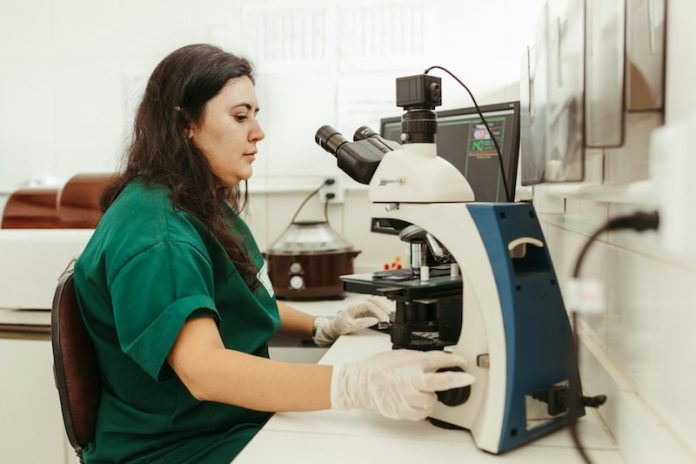
Despite advancements in cancer treatment technologies, most therapies share a common goal: eliminating cancer cells. However, this approach faces significant challenges, such as the development of resistance by cancer cells and their potential to return.
Additionally, the destruction of healthy cells during treatment often causes severe side effects, making it difficult for patients to endure long-term therapies.
A groundbreaking solution has been introduced by a research team led by Professor Kwang-Hyun Cho from the KAIST Department of Bio and Brain Engineering.
The team has developed a new technology that treats colon cancer by transforming cancer cells into a state resembling normal colon cells, rather than killing them.
This innovative method avoids the harmful side effects commonly associated with conventional cancer treatments. Their findings were published in the journal Advanced Science.
The researchers based their approach on an observation from the cancer development process, known as oncogenesis. During this process, normal cells regress along their path of differentiation, losing their specialized functions and becoming cancerous.
Using this insight, the team created a “digital twin” of the gene network that governs the differentiation of normal cells. This digital model allowed them to simulate and analyze the biological pathways of cell development.
Through their analysis, the team identified key molecular switches—specific genes and proteins—that play a critical role in driving normal cell differentiation.
By targeting these switches in colon cancer cells, the researchers were able to induce a transformation, reverting the cancer cells to a state that closely resembles normal colon cells.
This phenomenon was confirmed through a combination of molecular and cellular experiments, as well as animal studies.
This breakthrough introduces a new concept in cancer treatment called reversible cancer therapy. Instead of focusing solely on destroying cancer cells, this method emphasizes restoring their normal function.
The approach not only avoids the harmful side effects of traditional therapies but also opens up possibilities for more sustainable and adaptable cancer treatments.
The research team believes that this technology could be applied to various types of cancer by tailoring it to the specific genetic networks of each cancer type.
Professor Kwang-Hyun Cho emphasized the significance of these findings, stating, “The fact that cancer cells can be converted back to normal cells is an astonishing phenomenon.
This study proves that such reversion can be systematically induced. It represents a shift in the way we think about cancer therapy, introducing a novel strategy to target cancer cells without destroying them.”
The research not only offers hope for less toxic cancer treatments but also lays the foundation for identifying molecular targets for cancer reversion. By analyzing normal cell differentiation pathways, scientists can develop tailored therapies that systematically reverse cancer cells into normal-like states.
This breakthrough marks a promising step forward in the fight against cancer, with the potential to transform how various types of cancer are treated in the future.
For more information about cancer, please see recent studies that plant-based diets may reduce risk of colorectal cancer in men, and Low-fat diet may help stop cancer growth.
For more information about cancer, please see recent studies about How to harness the power of anti-cancer foods and supplements and results showing that Empower your plate: cancer-fighting foods and recipes.
The research findings can be found in Advanced Science.
Copyright © 2024 Knowridge Science Report. All rights reserved.



